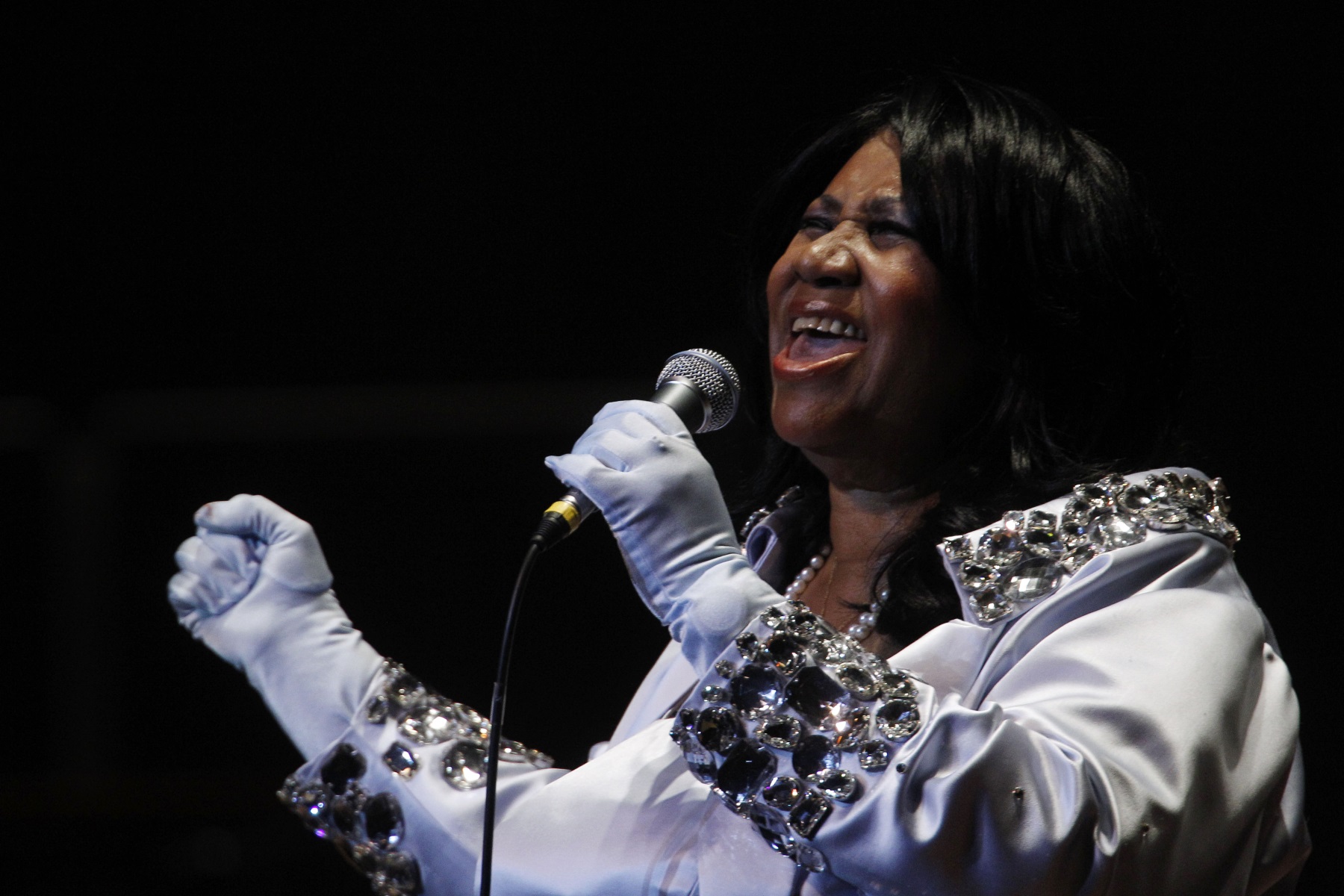When news of singer Aretha Franklin’s death reached her, “City Lights” host Lois Reitzes got in touch with Atlanta playwright Pearl Cleage.
Cleage and Franklin shared a number of things in common. To begin with, both grew up in Detroit.
“My father’s church was about six blocks from Aretha’s father’s church,” she says. “I never knew her. She was a little older than I was, but I used to pass that church going to my church every Sunday.”
The two were close enough that people often showed up at Cleage’s father’s church expecting to hear Aretha sing.
“It was so terrible because our choir was nothing like their choir!” Cleage says. “My dad actually said to me one time — which really hurt my feelings — when we drove past Rev. Franklin’s church and there were people waiting in line to get in. My father said to me, ‘You know, if you could sing like Aretha, we’d have crowds like that at our church.’”
“And I always felt like saying, ‘Well then we’re in trouble because nobody can sing like that!’”
Aretha’s father, the Rev. C. L. Franklin, was a renowned preacher and recognized for his “chanted sermons,” which found his speech often bursting into song. Cleage says that this can be felt in his daughter’s music.
“The passion that she was able to put into the music was something that came directly from her experience in the church,” she says. “I think that sometimes passion was used to express a love of God, and sometimes I think that passion was very secular and was used to talk about her other life, outside of the church.”
Cleage also read from a story she wrote about the singer called “Aretha on the Waterfront,” which tells a story of one encounter her father had with the singer. She writes of watching the titular film starring Marlon Brando with her dad at home one evening when he received a phone call past midnight. She reads:
When my father came back, his expression was a mixture of about ten things at one time, and his eyes were sad.
“Who was it?” I said.
“Aretha Franklin,” he said. I waited for further comment, but my father just kept staring in the general direction of the TV and sort of shook his head.
[…] I never even knew my father knew Aretha.
“I don’t,” he said in response to the question I had to ask after it looked like he was just going to get back into the movie with no further explanation about the phone call. “I’ve never even met her,” he said.
“Well what did she want?” I asked, wondering if I was going to have to drag the story out of him, or if he would finally break down and tell me.
“She wanted to know if I had Muhammad Ali’s telephone number,” he said, turning to look at me and frowning slightly.
“Why?” I asked, visions of Aretha Franklin with a crush on the fine-as-wine heavyweight champion already dancing in my head.
“Her husband keeps beating her up, and she wants to call Muhammad Ali and ask him if he will come over and kick her old man’s butt for her.” My father shook his head and turned back to the movie. “I said I was sorry but didn’t have his number, and she said well okay, she guessed she could handle it,” and she hung up.
“Sometimes we only want to think about how wonderful the person’s life was,” and we really don’t want to deal with the pain that came along with that.






